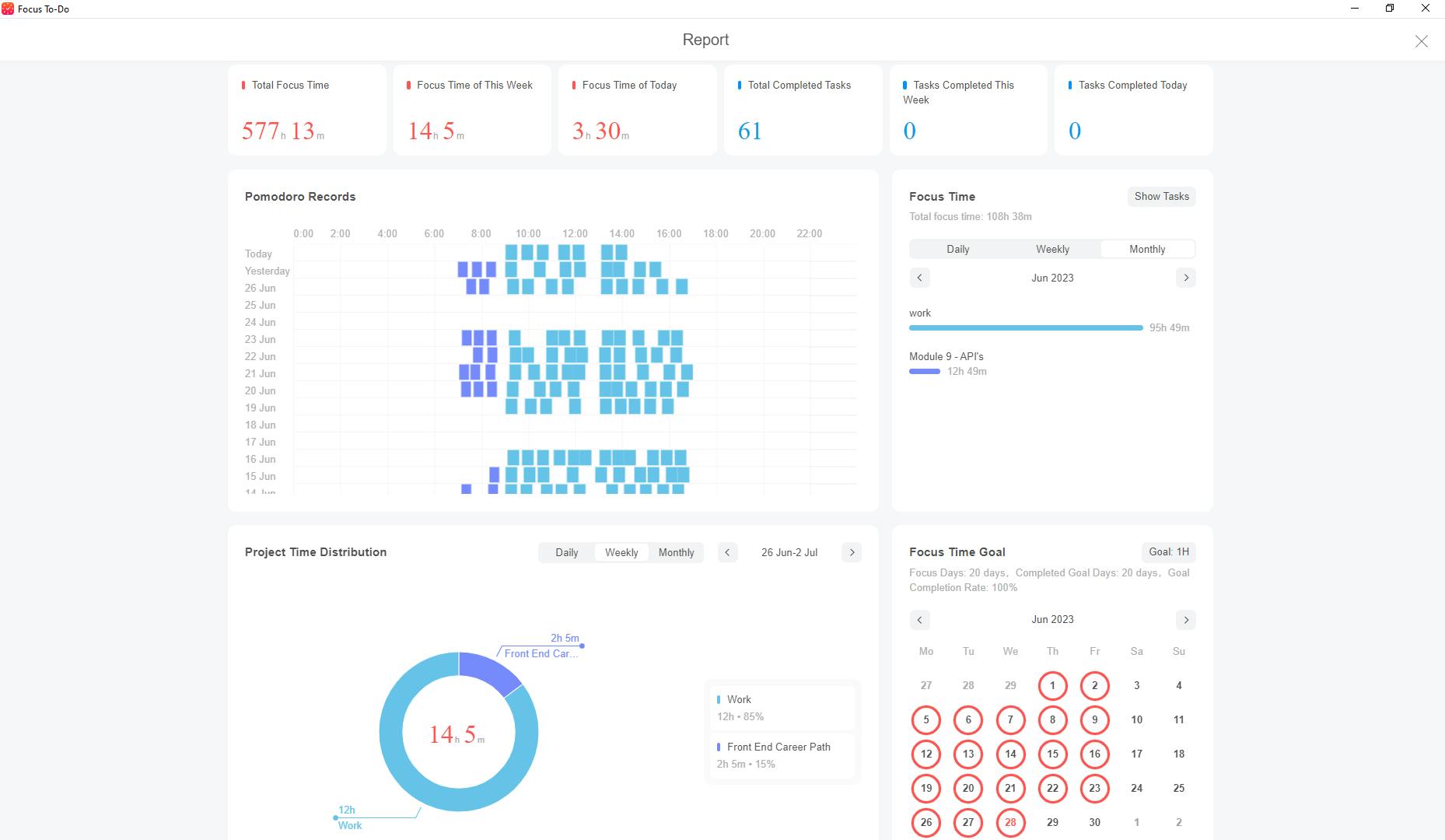
Photo by Sander Sammy on Unsplash
The Lonely Coder, Part 4 - Impostor Syndrome and how to overcome it:
It's become a bit of a buzzword in the IT/Coding communities, and it was once thought to be mostly women who had it (maybe because the original study was done on Women in work during the 1970s) and it's said to cost businesses fresh perspectives and good workers; I'm talking about Impostor Syndrome. This is one of the latest in a series of blog posts about the Lonely Coder, and one that is very poignant for me as I experienced it hard recently.
In this article I will be explaining a little about what it is (I won't go into too much detail, as there is a wealth of information out there), how I experienced it and how it affected me, and some recommendations to overcome it.
So what is it?

I've never seen one before, no one has, but I believe it... oh, wait. Wrong community.
Anyway, what is Impostor Syndrome? The official (read Wikipedia) definition is as follows:
Impostor syndrome, also known as impostor phenomenon or impostorism, is a psychological occurrence in which people doubt their skills, talents, or accomplishments and have a persistent internalized fear of being exposed as frauds. ... Despite external evidence of their competence, those experiencing this phenomenon do not believe they deserve their success or luck. ... Impostor syndrome can stem from and result in strained personal relationships and can hinder individuals from achieving their full potential in their fields of interest.
- Wikipedia
What we can read from this is that Impostor Syndrome is when you don't believe you're good at (and/or therefore belong in) your job, despite evidence to prove that you are. It can affect people who suffer from mental health issues such as low self-esteem, anxiety etc, but anyone can get it.
Looking deeper, there's research by Dr. Valery Young, which shows there are 5 types of Impostor Syndrome:
1. The Perfectionist: This type of impostor syndrome involves believing that, unless you were perfect, you could have done better. You feel like an impostor because your perfectionistic traits make you believe that you're not as good as others might think you are.
2. The Expert: The expert feels like an imposter because they don't know everything there is to know about a particular subject or topic, or they haven't mastered every step in a process. Because there is more for them to learn, they don't feel as if they've reached the rank of "expert."
3. The Natural Genius: In this imposter syndrome type, you may feel like a fraud simply because you don't believe that you are naturally intelligent or competent. If you don't get something right the first time around or it takes you longer to master a skill, you feel like an imposter.
4. The Soloist: It's also possible to feel like an imposter if you had to ask for help to reach a certain level or status. Since you couldn't get there on your own, you question your competence or abilities.
5. The Superperson: This type of impostor syndrome involves believing that you must be the hardest worker or reach the highest levels of achievement possible and, if you don't, you are a fraud.
Reading this, I fit firmly in "The Expert" category. I like to know my work, and I feel uncomfortable when I don't know. I've noticed that once I've been in the job for approximately 6-12 months, I feel like I know enough to belong, but often seek out certain "What if's" to expand my knowledge. As I'll show later, this came back to bite me hard.
The important thing is that many people get Impostor Syndrome, and more importantly, it doesn't make you a failure.
How Impostor Syndrome Affected Me:
I used to be a Telephone Engineer. In my first year, I had a tutor to call if I had a problem. I rarely called them, because I was embarrassed and felt "I should know it". When I was more experienced, and due to a lack of staff, I was asked to mentor some other recruits on one of the simpler tasks we had to do. The 3 people I tutored would often call me, and I would find myself thinking "Come on, you know this, why are you asking me?". I felt like they should have moved on from my support by then. In a profession like that, that mindset is laughable. So much so, that they don't teach you everything in the first year because there's so much to learn. Ultimately, this mindset did me a disservice as I was often on performance reviews. I didn't even know I had Impostor Syndrome (or that I could get it).
I've only ever heard of Impostor Syndrome associated with IT (and only in my recent attempt to join IT. I never heard of it 5 years ago), and usually more with coding. So it completely surprised me when I experienced it last month in my current IT job as an IT Support Assistant. I started this job (my first IT job in 20 years) in November 2022, so you could say I'm still new. Maybe not brand spanking new, but the plastic is off, and I have a few light scuffs. I was finishing one of my tickets that I've done plenty of times before when the person sent the ticket back saying I hadn't done it correctly, it needed to be done a different way. Because it was the end of the week, I was tired and ready for the weekend, I just said "sorry" and left it at that.
The next week, it was raised and one of the managers said it was going to be investigated. I panicked and completely shut down. I went quiet online (I didn't ask anything or post anything on the Teams chat), I didn't say anything on the team huddles and tried to fly as low under the radar as I could. It turned out that when the manager said "It's being investigated" they meant they were going to see if there were any training gaps in my knowledge (there were) and not "We're going to investigate this and fire you", which is exactly what I took it to mean. Some might say that's an overreaction, but I'm known for that anyway. It wasn't till I got to the end of the next week that I saw it for what it was: Impostor Syndrome (admittedly mixed in with some personal issues of mine). The point is, it affected me so much, that I was miserable for a week and felt like I was just waiting for the axe to fall, and when you've been like that long enough, it makes for a tough week. The feelings I was experiencing were that of failure, loneliness and anger. These feelings are common with Impostor Syndrome.
What can you do about it?
So what can we do about it? What tips and tricks can I reveal? Probably nothing groundbreaking, but see if anything sounds useful.
Find support:
This is one of the most important (yet hardest) things to do.
My wife is in a supervisory role at work. When I asked her if she would want to know if one of her team is suffering from Impostor Syndrome, she said she would want to know. If she doesn't know, she can't help. If you're suffering from Impostor Syndrome (feeling you're not good at your job, feeling you don't belong on the team, or just feeling like you don't "get" it), then you should talk to your colleagues and/or manager. If that's too scary, talk to someone impartial either online or in person so they can help you see an objective point of view.
There's a Cognitive Behaviour Therapy concept that I think works quite well here: It's called a continuum. The idea is to have a scale from 0% to 100%. You put all the criteria of what makes a bad Web Developer* at 0%, and then all the qualities that a Web Development Junior or a good Web Developer* has at 100%.

Do you fit on the 0% end of the scale? If you're being really honest with yourself, I think you'd find you're not a 0. But, if you're a beginner, you're unlikely to be a 100 percenter either. The reality is, you're probably somewhere in the middle. And that's fine, you're working to become 100%, but you may have a way to go. You may even find you're over 50%, which means you're well on your way (unless you're on day one). (* I use Web Developer because that's what I, and any lonely coder, am. But this extends well to everything else: Police Officer, Nurse, Doctor, Writer, Politician, parent... the list is endless).
Celebrate the small wins:
As you know, I'm currently learning Web Development, using the Scrimba Front End Developer Career Path and as part of the path, you're given solo challenges, where all you get is a Figma file, certain criteria and an empty scrim. The rest is up to you to build out. Recently, I was completing one of these challenges (building a colour picker, which uses an API to get matching colours from the colour you pick) and came up against a problem: "How do I get the colour returned from the API from the JSON in the JavaScript to use it in CSS?" or "How do I take a variable from JS to CSS?". I did lots of searching, but most of the Stack Overflow answers were about going the other way (from CSS to JS). It then occurred to me that I didn't need to go from JS to CSS, I could simply use the JS to change the CSS! This allowed me to colour a div with the hex value returned in the API. Later on, in the same project, I was trying to work out why I couldn't get the objects to line up properly using Flexbox. After some time pondering over it, I realised I could use Grid and line the objects up properly, just as I liked.
These problems aren't the most esoteric you're likely to come across, but to me, at the time, they were quite puzzling. Once I got over them (especially because I thought of the answer) I felt quite accomplished. It's always good to celebrate the small wins, and this can help you with Impostor Syndrome too. I've taken to writing a journal in my Obsidian vault every day. I try and make it as timely as possible (start in the morning and update throughout the day with time stamps). When I feel unworthy or low, I can go back over those entries to remind myself of the good things I've done. If a full-on journal isn't your style, maybe try a mood tracker app (I have an extension in my Obsidian Vault that does it where I'll randomly track my mood throughout the day and mention what I've done). Even a simple to-do list of things you've completed can be good to prove to yourself that you can do your job.
Take regular breaks:
It would be easy to make my last suggestion one saying "Change your thinking" (which is genuine advice I found during my research), but instead, I'm going to suggest you take regular breaks throughout the day. I use a Pomodoro timer all the time at work.

The light blue blocks are work blocks. The dark blue blocks are my studying blocks. This isn't to show off how much I work, but to remind me to take regular breaks. If you're not familiar with the Pomodoro technique, it's where you work for 25 minutes and take a 5-minute break. After four work blocks, you take a longer break (15 mins) and then start again. As you can see from the graph above, I sometimes miss the call for a break and won't realise till some time later (that's why some days show a large cap between blocks, they should be regular. The long gap in the middle is my lunch break). Some days, I'm more on it than others. It depends on how busy I am and what's happening in my head. On my breaks, I try to get up and walk around the house to stretch my legs. I'll also get a drink, check on my mother-in-law or just scan Mastodon. But I try to take regular breaks. The reason these are important is that they stop you in your tracks if you're spiralling in your head. Often, just getting up and changing the scenery can help shift you out of an unhelpful mindset.
Conclusion:
Impostor Syndrome sucks, and it can be crippling (especially if you have underlying Mental Health issues) if you don't get a hand on it. Just try and remember 3 things:
You do belong (you wouldn't have been hired otherwise),
talk to someone about it for an objective view of your performance (Ideally your manager/senior. They can help point you in the right direction)
Talking to someone doesn't make you a failure or weak, it means you're self-aware enough that you don't know everything, and that's a healthy thing!
(BONUS:) No one expects you to know everything as a learner/beginner/junior. If you're at a higher level and feel you should know it, look at point 2. If you need more help on Impostor Syndrome, find some useful resources here and here, and feel free to reach out to me in the comments or on Mastodon.

